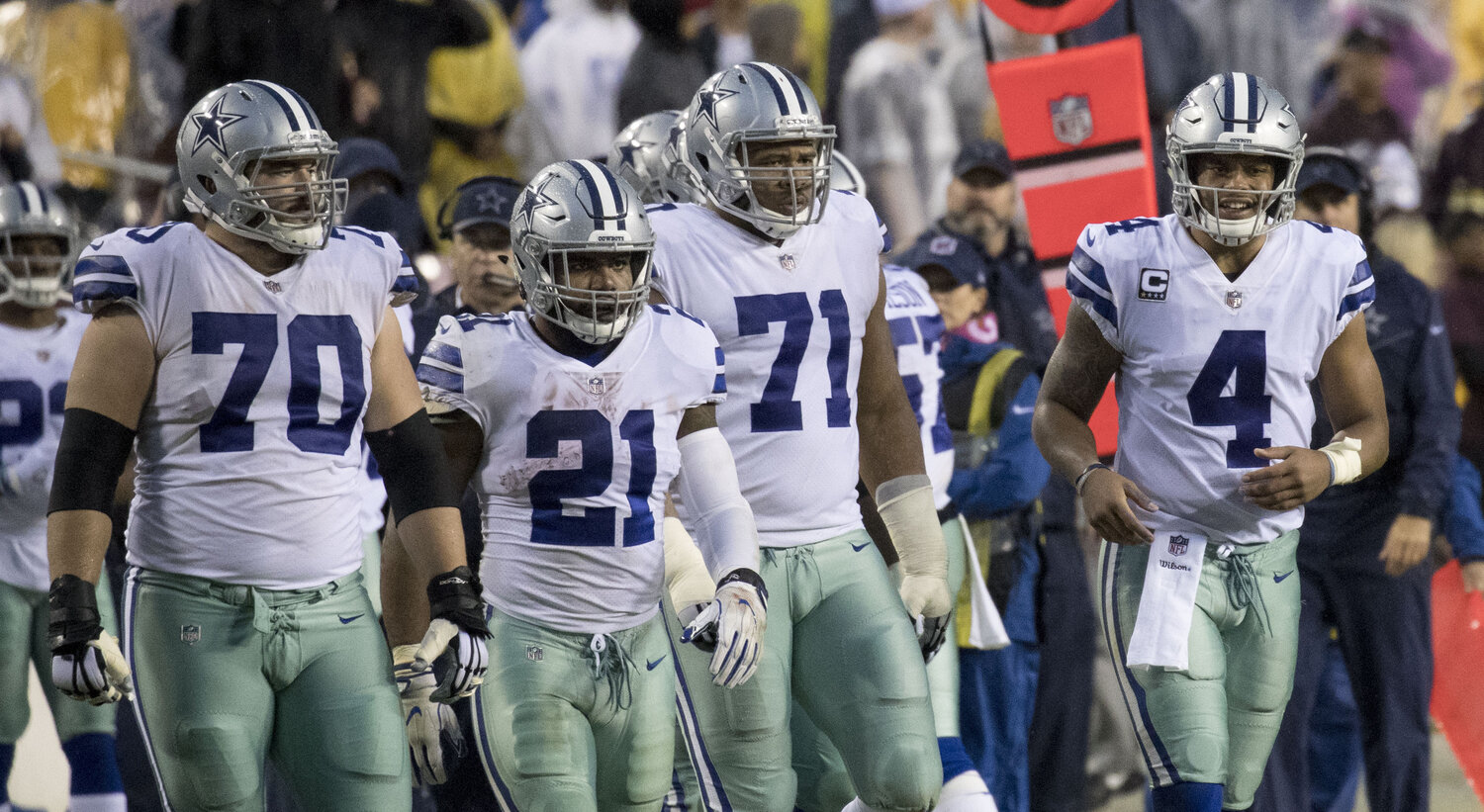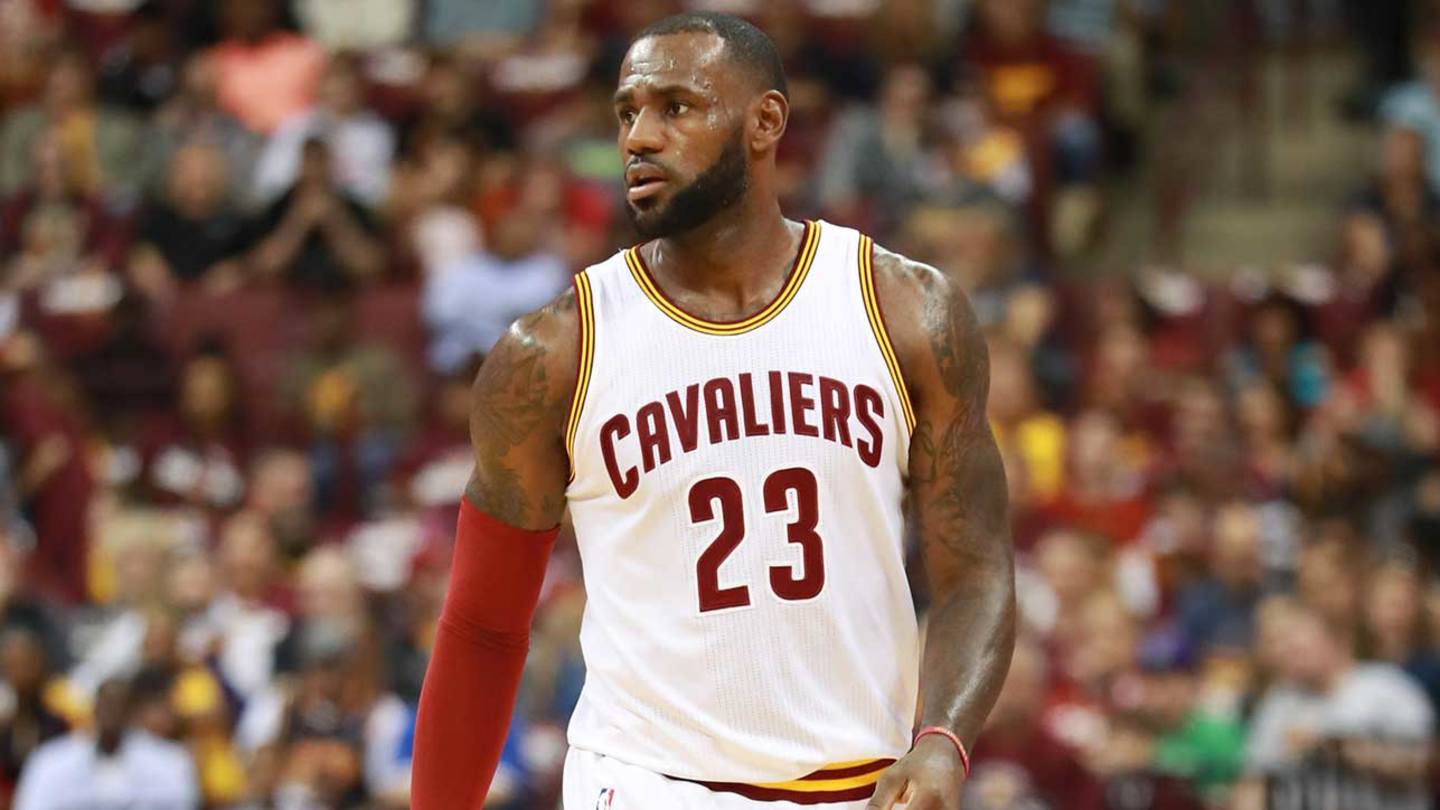Professional athletes, such as LeBron James, Serena Williams, and Cristiano Ronaldo, earn millions annually, making them some of the highest-paid individuals in the world. This significant compensation often sparks debate, with many arguing that their salaries are excessive compared to those of essential workers like teachers, healthcare professionals, and first responders. While athletes provide entertainment and inspiration to millions, their earnings often far surpass those of individuals whose work directly impacts societal well-being.
Critics highlight the stark imbalance between professional athletes’ salaries and those of other professions. For example, the starting salary in the NHL is $750,000, nearly double the U.S. President’s $400,000 annual salary. These earnings are perceived as disproportionate to the societal value provided by athletes, especially when compared to the often life-altering contributions of essential service providers. While athletes command significant cultural influence, their pay reflects market dynamics rather than societal necessity.

Proponents of these salaries argue that the economics of sports justify high compensation. Professional athletes generate immense revenue for their franchises through ticket sales, merchandise, and media rights. For instance, the Golden State Warriors earned $765 million in 2022, vastly exceeding the $192 million paid to players. Athletes’ star power and ability to draw global audiences make them critical to their organization’s financial success, warranting their sizable earnings.
Additionally, professional athletes face unique career challenges, including short career spans, intense physical demands, and high injury risks. Many athletes retire by their thirties but continue to leverage their fame for endorsements, business ventures, and media opportunities. These additional revenue streams amplify their wealth, further fueling the perception that they are overcompensated compared to others who contribute to society in equally demanding but less lucrative ways.
Ultimately, the debate over athlete salaries reflects broader societal questions about the value placed on various professions. While some see their paychecks as fair rewards for talent and dedication, others view the discrepancy as emblematic of inequities in how society allocates resources. The issue extends beyond sports, highlighting the need for a broader discussion about compensation, societal value, and equity.
